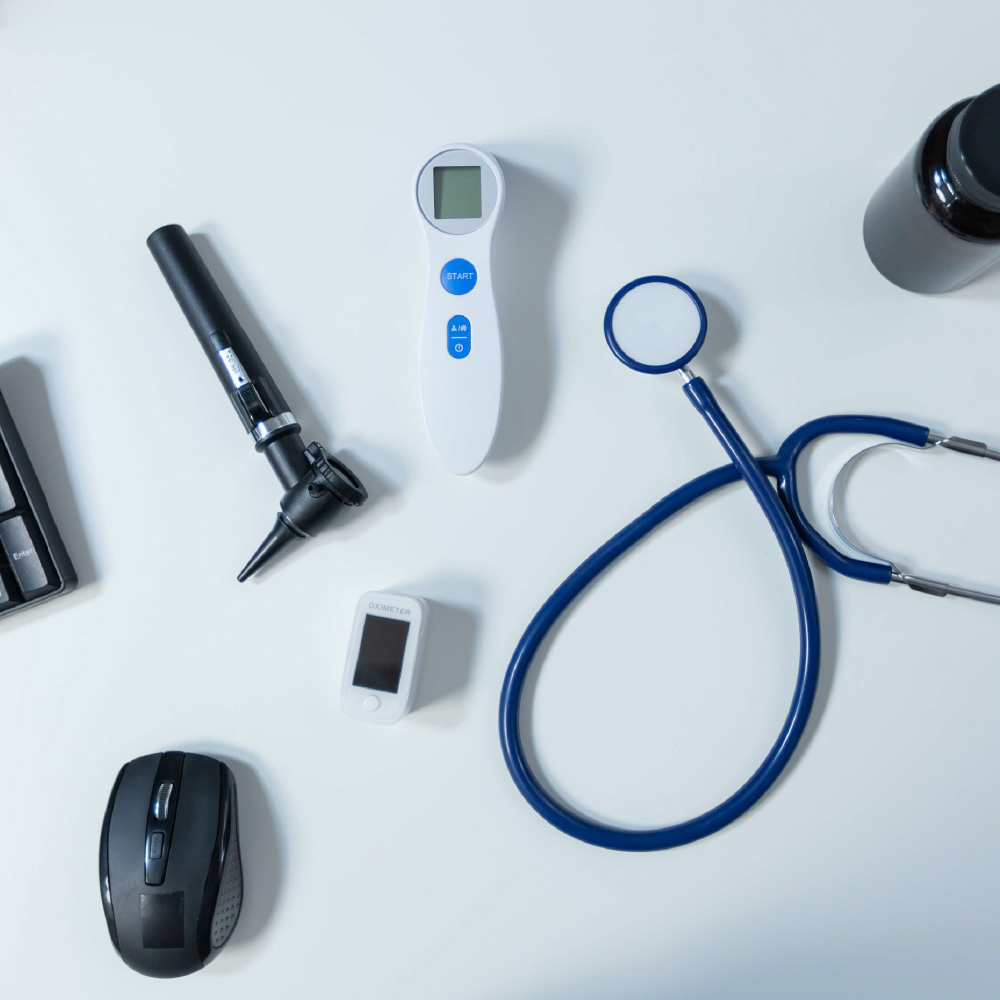
The medical device industry has seen a surge in growth, fueled by rapid advancements in technology. From diagnostics to therapeutic devices, the integration of digital innovations has not only improved patient outcomes but also transformed the way medical devices are marketed and sold. In an increasingly competitive landscape, leveraging technology is now optional but essential for success in this sales.
The Role of Artificial Intelligence in Medical Device Sales
Artificial intelligence (AI) is revolutionizing every aspect of healthcare, and medical device sales are no exception. AI’s ability to process vast amounts of data in real time helps sales teams identify market trends, customer preferences, and performance metrics. AI-powered customer relationship management (CRM) systems are becoming indispensable for companies. These platforms can analyze historical sales data, predict future demand, and provide personalized product recommendations to healthcare professionals.
Digital Marketing Transformations
Digital marketing has become one of the most critical components of medical device sales. Traditional marketing strategies such as cold calling and attending trade shows are being supplemented and, in some cases, replaced by digital strategy. SEO (search engine optimization), content marketing, and social media engagement are powerful tools that allow companies to reach potential customers globally.
Medical device manufacturers are increasingly using educational content to engage healthcare professionals. Blogs, webinars, and online courses have emerged as effective channels for sharing the latest innovations in medical technology. By providing value-driven content, companies not only build credibility but also foster relationships with healthcare providers who may become long-term customers.
The Impact of Telemedicine on Device Sales
Telemedicine, accelerated by the COVID-19 pandemic, has become a significant factor in the growth of it sales. Remote patient monitoring (RPM) devices, such as wearable heart rate monitors and glucose sensors, have skyrocketed in demand.
Telemedicine presents a new frontier for sales teams. Remote diagnostics and monitoring devices have opened new markets for manufacturers. Sales representatives are now tasked with explaining the advantages of integrating these technologies into telemedicine platforms, a critical step for healthcare providers aiming to enhance patient care while cutting costs.
Data-Driven Sales and Customer Insights
In the medical device industry, data is the key to understanding market needs, customer behavior, and regulatory requirements. Big data analytics provide sales teams with insights that were previously unattainable. By analyzing healthcare data such as patient demographics, disease prevalence, and treatment outcomes, companies can fine-tune their product offerings and sales approaches.
For example, wearable devices generate real-time patient data that can be used to improve product performance and clinical outcomes. Sales teams equipped with this information are better positioned to make informed recommendations, enhancing trust between them and healthcare providers.
Regulatory Technology and Compliance
Medical devices are subject to stringent regulatory requirements, and the landscape is constantly evolving. One of the most significant impacts of technology on these sales is compliance. Regulatory technology, or RegTech, helps medical device companies manage complex compliance issues by automating tasks like documentation, reporting, and product registration.
For instance, blockchain technology is being adopted to create transparent, traceable, and tamper-proof records of medical device manufacturing, distribution, and usage. This ensures that devices meet regulatory standards and builds trust with healthcare providers.
Incorporating RegTech solutions allows sales teams to focus on selling products without being bogged down by compliance concerns. Automated compliance tools ensure that the necessary regulatory approvals are in place and that all sales activities adhere to local and international laws.
Personalized Customer Engagement Through Technology
Today’s healthcare providers expect a more personalized approach when interacting with medical device sales teams. CRM systems are increasingly being used to facilitate customized engagement by storing detailed customer profiles, including past interactions, preferences, and purchase history. This enables sales teams to tailor their communication strategies and offer customized solutions to meet specific healthcare needs.
Moreover, chatbots and AI-driven virtual assistants provide 24/7 support to healthcare providers. These technologies can answer basic questions about products, schedule appointments with sales reps, and even assist in troubleshooting device issues. By providing immediate and personalized assistance, companies can enhance customer satisfaction and foster stronger relationships.
The Future of Medical Device Sales: Predictive and Preventive Technologies
The future of medical device sales will likely revolve around predictive and preventive technologies. AI and machine learning algorithms will continue to drive product development, enabling devices to predict health issues before they arise. As healthcare shifts towards personalized medicine, medical devices will need to be tailored to individual patient needs.